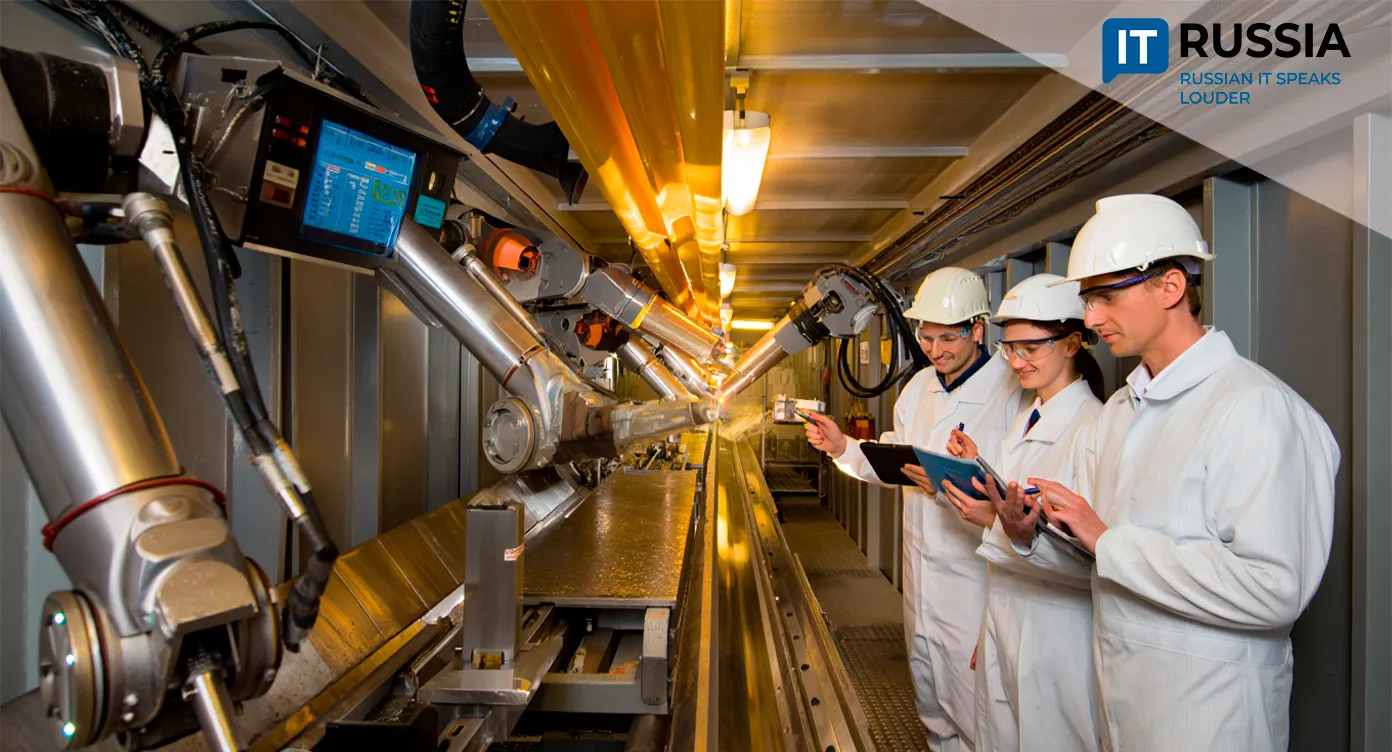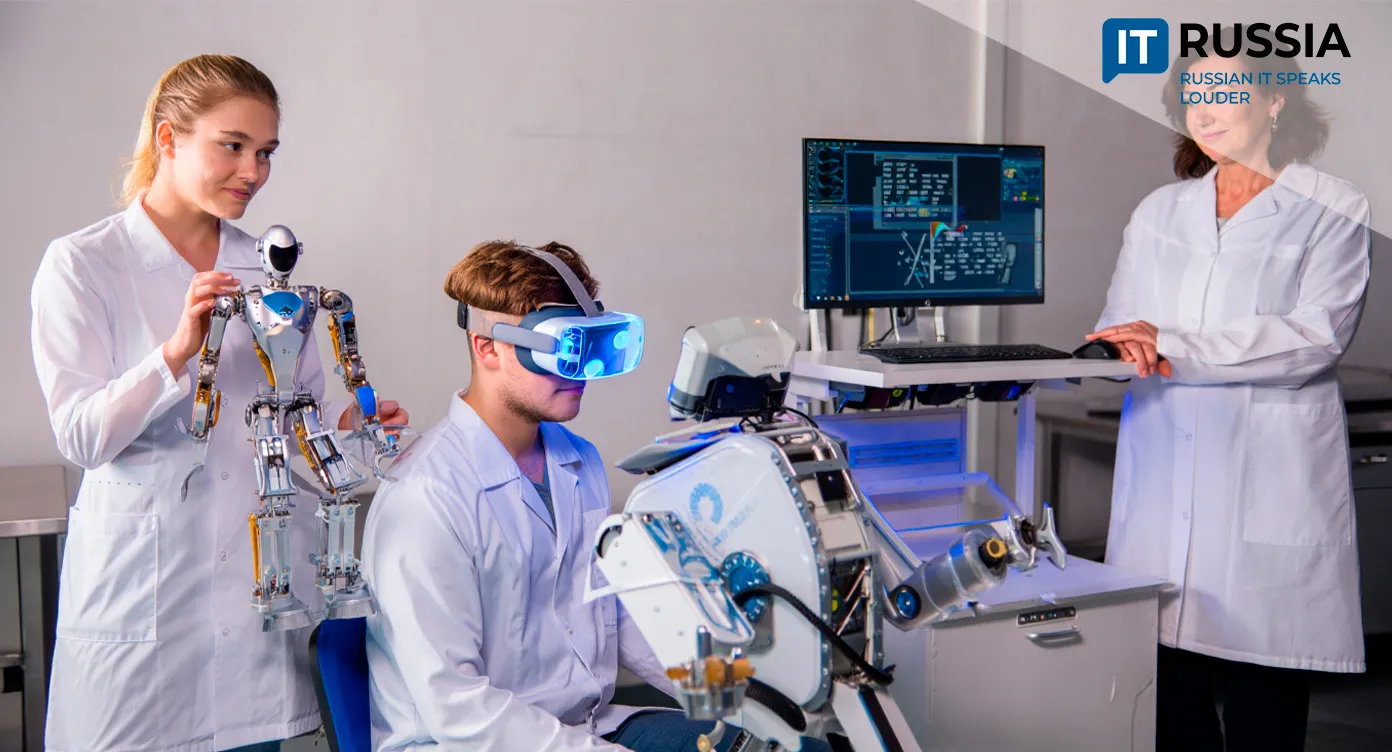When Neural Networks Design Medicines
Researchers at Russia’s AIRI Institute have developed a tool to evaluate how well large language models perform real-world tasks in chemistry — a step that could pave the way for faster, AI-assisted drug discovery.
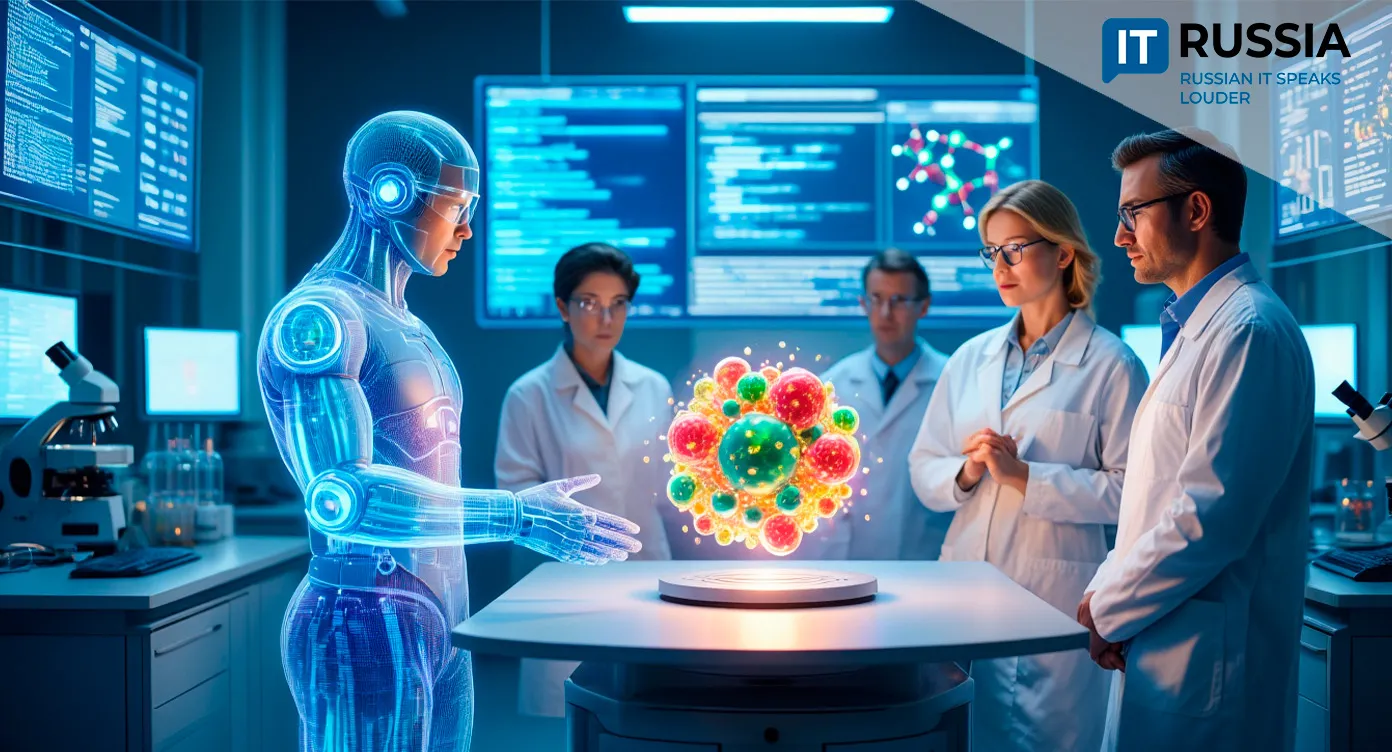
Russia Enters the Age of AI-Driven Pharmacology
Russian scientists have begun testing how effectively modern neural networks can assist in the development of new medicines. In a recent study, specialists assessed the ability of large language models (LLMs) and other AI systems to tackle problems close to real pharmaceutical practice — predicting chemical reaction products and evaluating the potential biological activity of molecules.
This initiative is more than an academic experiment: it signals that Russia’s scientific community is integrating AI into one of the most complex and high-stakes domains — drug development.

Why This Matters for Russia
For the country’s IT sector, this marks a milestone of maturity: domestic developers are moving beyond text and image generation toward solving tasks with tangible scientific and social impact.
For the pharmaceutical industry, AI represents an opportunity to accelerate drug development, reduce reliance on foreign technologies, and strengthen technological sovereignty. For citizens, it could mean faster access to safer, more affordable medicines — potentially in half the time required by traditional R&D cycles.
A Global Trend with a Russian Perspective
The idea of using AI to search for new molecules is not new. Over the past five years, research groups worldwide have achieved breakthroughs in areas ranging from molecular generation to protein–ligand interaction prediction. Yet contribution matters as much as participation.
Successful Russian AI models could become an exportable product, especially for countries with emerging pharmaceutical sectors but limited research resources. Such technology transfer could also position Russia as a regional leader in AI-assisted biopharma.
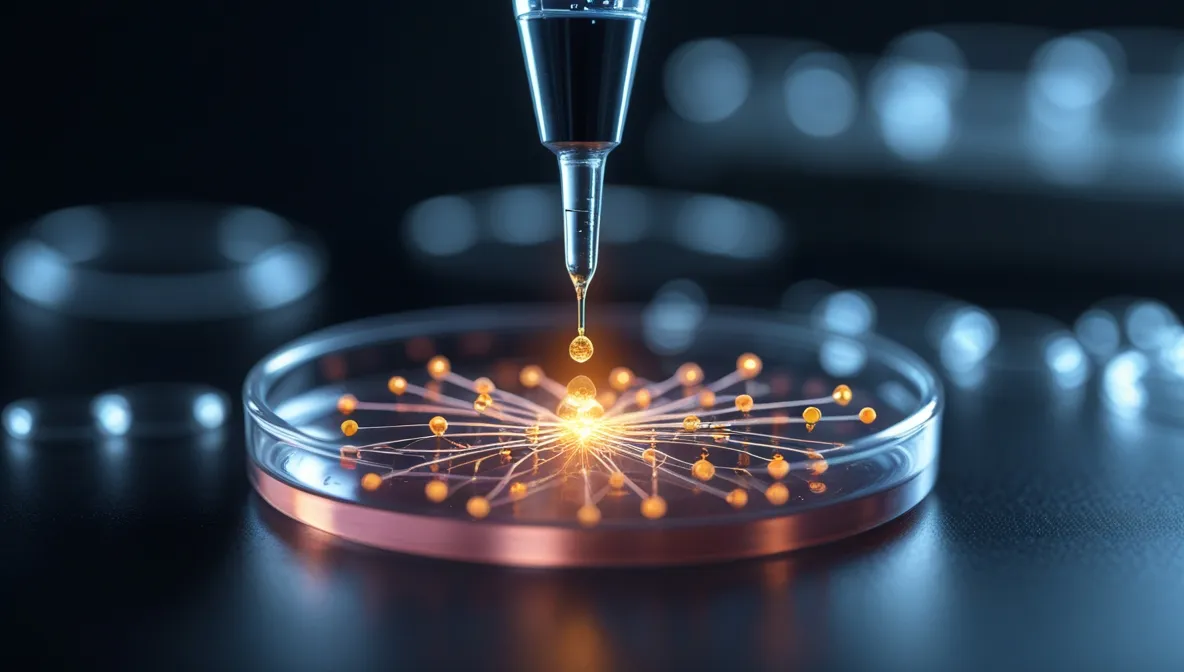
Looking Ahead: From Labs to Industry
The integration of AI into pharmacology could reshape research and education alike. Universities and research institutions are expected to collaborate more closely with IT specialists, while pharmaceutical companies begin implementing neural networks at early development stages.
This shift is already driving demand for professionals who combine expertise in chemistry, biology, and computer science. Educational programs are responding with interdisciplinary courses and new master’s degrees. The convergence of pharma and IT is also attracting venture capital: biotech startups using AI can secure funding more quickly than traditional R&D efforts, accelerating the translation of ideas into market-ready solutions.
Limits and Realities
Despite the promise, experts caution against overestimating AI’s role. Neural networks remain tools for the early stages of discovery. Developing an actual drug still requires years of preclinical and clinical trials, rigorous safety validation, and substantial financial investment.
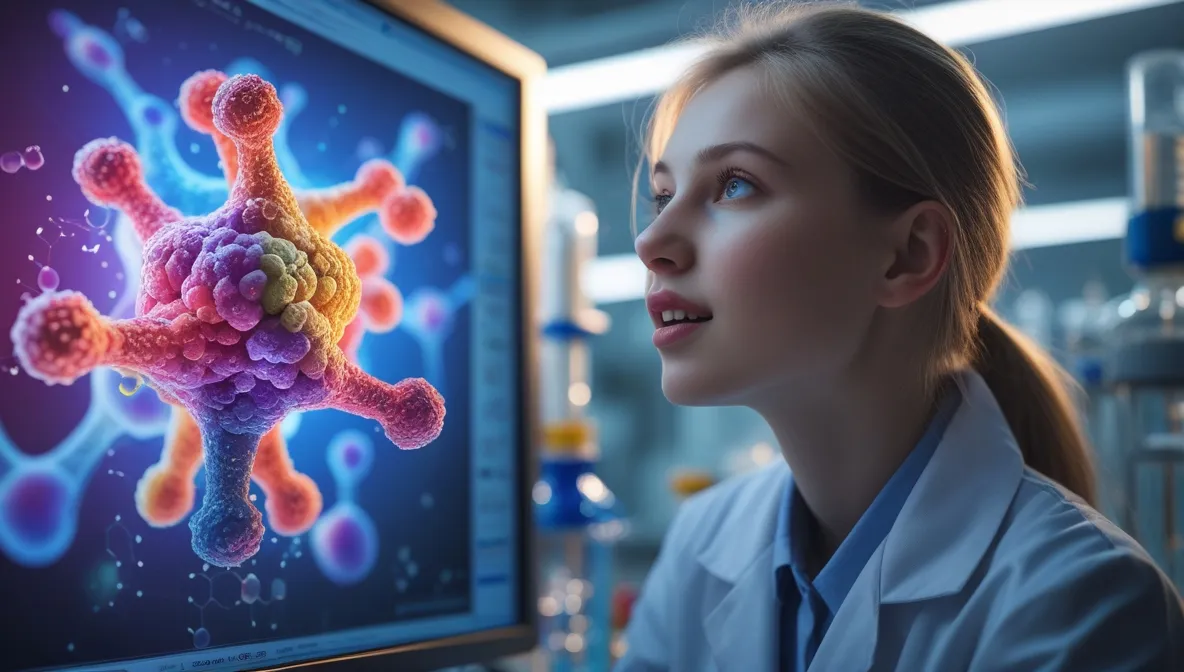
Without high-quality data, strong computational infrastructure, and skilled researchers, even the most advanced model is of little use. Moreover, all AI-driven pharmaceutical solutions must comply with national and international standards for efficacy and safety.
Conclusions and Outlook
The AIRI team’s research is more than a scientific paper — it’s part of a global digital shift in pharmacology. In the next one to two years, pilot AI projects are likely to appear in Russian research institutes and biotech firms. Within three to five years, the first drug candidates developed with neural network support may reach the market, and Russian AI platforms could begin entering export markets.
In the long term, Russia could establish itself as a Eurasian hub for AI-driven drug discovery. However, success depends not only on algorithms but also on readiness to integrate them into real scientific practice — by investing in data infrastructure, training interdisciplinary specialists, and bridging the gap between digital and biomedical science. If achieved, artificial intelligence could become a true co-author of future medicines.












